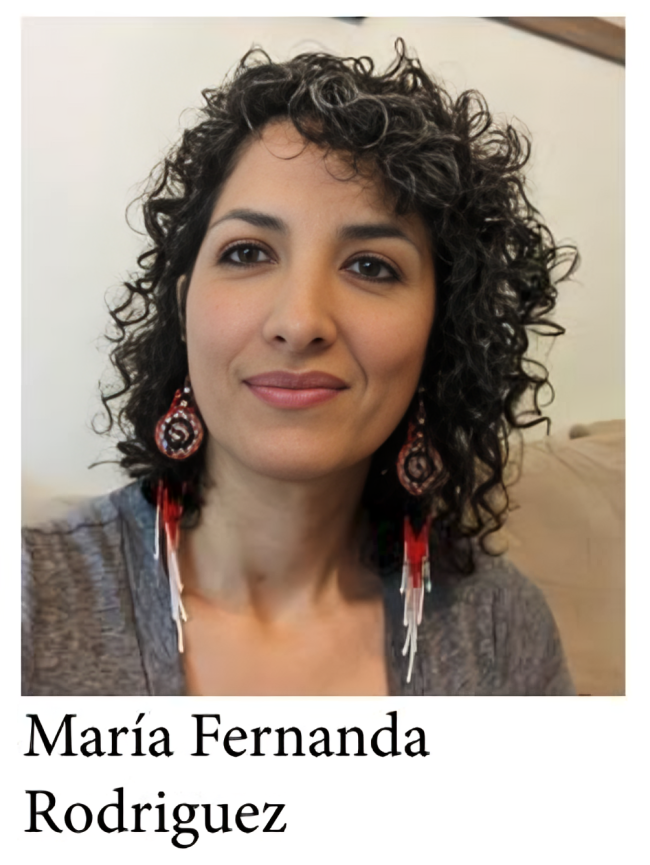Es esa línea invisible por la que caminamos a diario; es el lugar de visión de “nuestro” mundo, que no es igual al punto de visión “del” mundo. Es donde te sientes cómodo, donde nadie puede entrar porque no está a la vista ni siempre hay una puerta. A veces, basta con cerrar los ojos para llegar allí. Puede medirse en longitud (un metro o más), en capacidad de almacenamiento digital (un gigabyte o megabyte), o en tiempo (un día, un año). También es una forma de vida, es donde expresamos quiénes somos: es nuestro Espacio.
El significado de esta palabra tiene un recorrido amplio que abarca desde el Firmamento, pasa por un disco duro y llega hasta el centro de nuestra existencia, como una flecha que lo atraviesa todo: nuestro Espacio.
Cuidar nuestro espacio es quizá una noción que no está latente en lo cotidiano, sobre todo si hablamos del espacio íntimo, y solo reparamos en ponerle atención cuando caemos en la cuenta de que lo hemos perdido, cuando vemos nuestro lugar íntimo invadido y es difícil escuchar nuestra propia voz. ¿Qué pasa cuando el espacio íntimo se ve expuesto? Cuando alguien (o algo) ha llegado a instalarse a vivir en nuestra casa, que es nuestro espacio sagrado, o cuando nuestras rutinas se trastocan porque en nuestros pensamientos hay espacios ocupados por situaciones (o personas) que nos quitan el sueño. ¿Ante qué circunstancias podrían verse comprometidos nuestros espacios y cómo manejar esos procesos?
El escritor argentino Tomás Downey, en su colección de cuentos Acá el tiempo es otra cosa, habla sobre cómo los espacios íntimos (la casa, el sueño, el tiempo) han sido tomados y cómo los personajes, a veces feroces y otras, sumisos, lo enfrentan.
En el cuento “Nube”, que abre esta antología, el pueblo se ve invadido por una nube oscura que va aumentando hasta cubrirlo todo. La creciente presencia de la nube se apodera de la casa (y del pueblo) con efectos que obligan a sus habitantes a cambiar rutinas para persistir y así acoplarse a la nueva cotidianidad, resguardando siempre el espacio íntimo.
Eso pasa (nos pasó) a los inmigrantes cuando llegamos a vivir en otra cultura: vemos la necesidad de cambiar rutinas, acomodar tiempos, transformar hábitos para resguardar nuestro espacio íntimo y persistir.
¿Cómo cuidas tu espacio íntimo cuando todo a tu alrededor cambia?

The Care of Intimate Space and the Narrative of Tomás Downey
It’s that invisible line we walk daily; it’s the point of view of “our” world that isn’t the same as the perspective “of” the world; it’s where you feel comfortable, where no one can enter because it’s not in plain sight, and there isn’t always a door (sometimes, simply closing your eyes can take you there); it can be measured in length (a meter or more), in digital storage capacity (a gigabyte or megabyte), or in time (a day, a year); it’s also a way of life, where we express who we are: It’s our Space.
The meaning of this word has a broad range, encompassing everything from the Firmament, passing through a hard drive, and reaching the center of our existence, like an arrow that pierces everything: our Space.
Taking care of our space is perhaps a notion that doesn’t stand out in daily life, especially when it comes to intimate space, and we only pay attention to it when we realize we’ve lost it, when we see our intimate place invaded, and it becomes difficult to hear our own voice. What happens when intimate space is exposed? When someone (or something) has come to live in our house (which is our sacred space) or when our routines are disrupted because our thoughts are occupied by situations (or people) that keep us up at night? Under what circumstances could our spaces be compromised, and how do we handle those processes?
Argentine writer Tomás Downey, in his short story collection Acá el tiempo es otra cosa (Here, Time is Something Else), explores how intimate spaces (the home, dreams, time) are taken over and how characters, sometimes fierce and other times submissive, confront this.
In the story “Nube” (Cloud), which opens this anthology, a town is invaded by a dark cloud that grows until it covers everything. The cloud’s increasing presence takes over the house (and the town), forcing its inhabitants to change routines to persist and adapt to the new normal while always protecting their intimate space.
This is what happens (what happened) to immigrants when we come to live in another culture; we see the need to change routines, adjust time, and transform habits to protect our intimate space and persist.
How do you protect your intimate space when everything around you changes?








